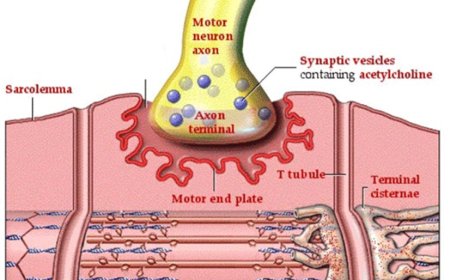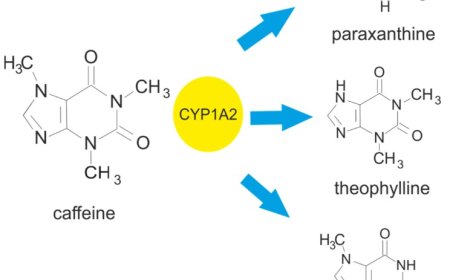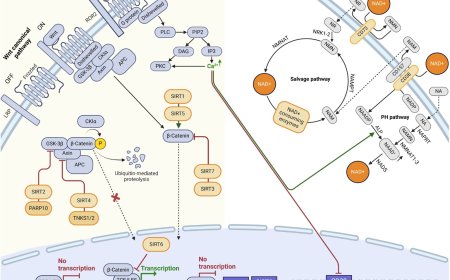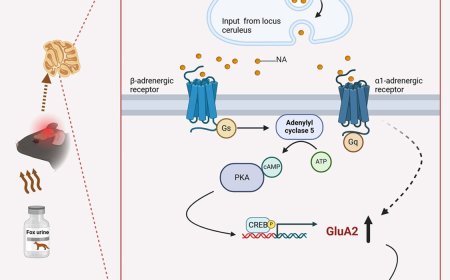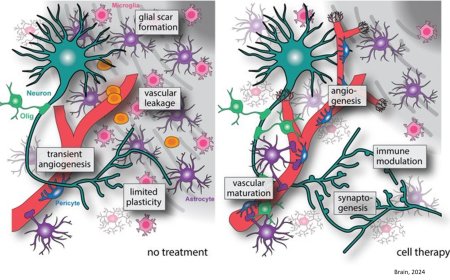Pathogens control plant immunity by alternative splicing during infection
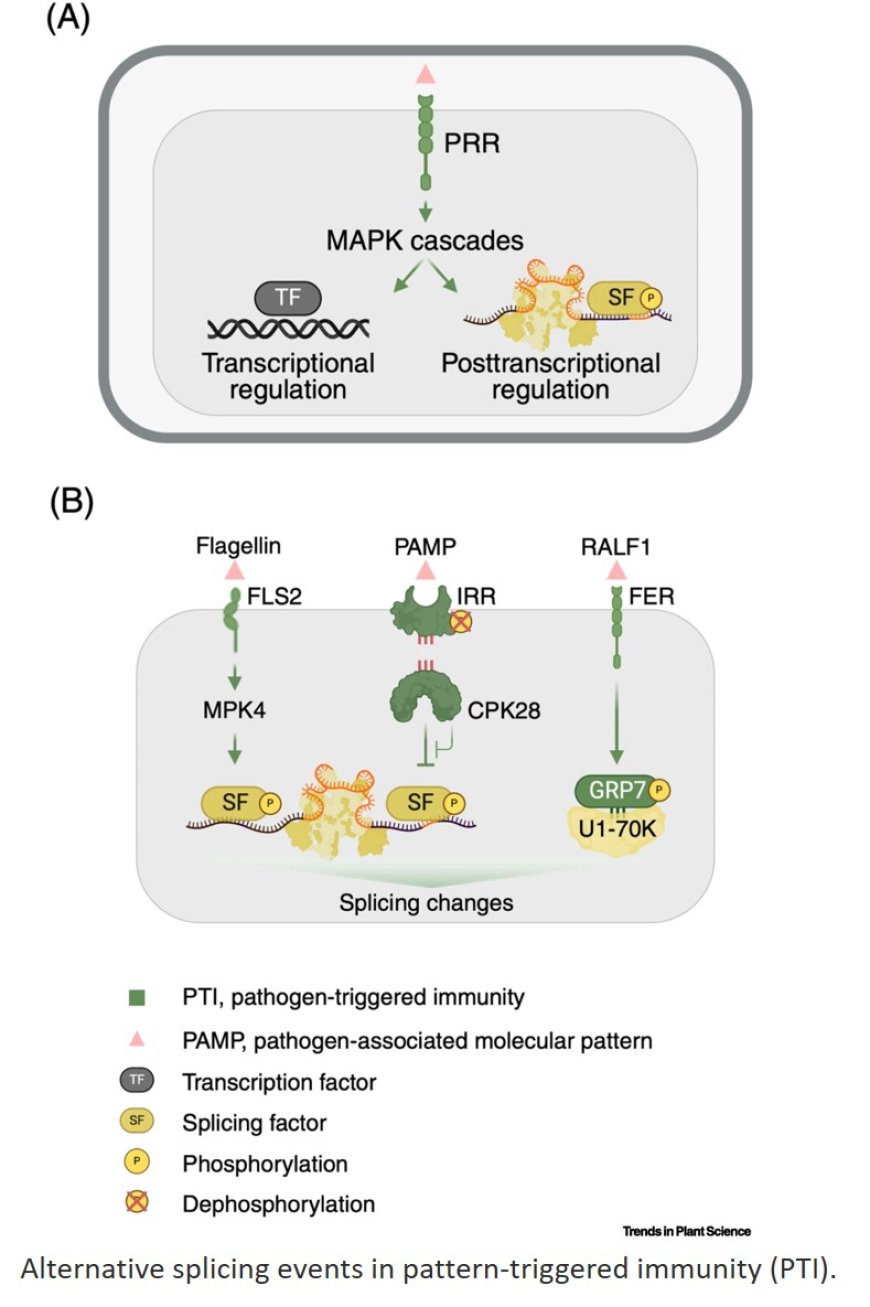
The efficiency and complexity of plant immunity are enhanced by alternative splicing, a post-transcriptional mechanism that regulates mRNA levels and increases proteome diversity.
Pathogen infection induces splicing changes in the host plant, affecting key genes involved in the two primary layers of plant pathogen recognition: pattern triggered immunity (PTI) and effector triggered immunity (ETI).
The mechanisms leading to differential alternative splicing upon pathogen infection remain understudied, despite recent advances.
Recent data indicate that the recognition of elicitors by plant receptors triggers kinase cascade signaling that phosphorylates splicing factors, thereby altering their function.
Certain pathogens can manipulate the splicing of genes associated with plant immunity to their advantage through direct interaction between the pathogen effector and the host’s spliceosome.
https://www.cell.com/trends/plant-science/fulltext/S1360-1385(24)00311-X
https://sciencemission.com/Pathogen-responsive-alternative-splicing-in-plant-immunity
